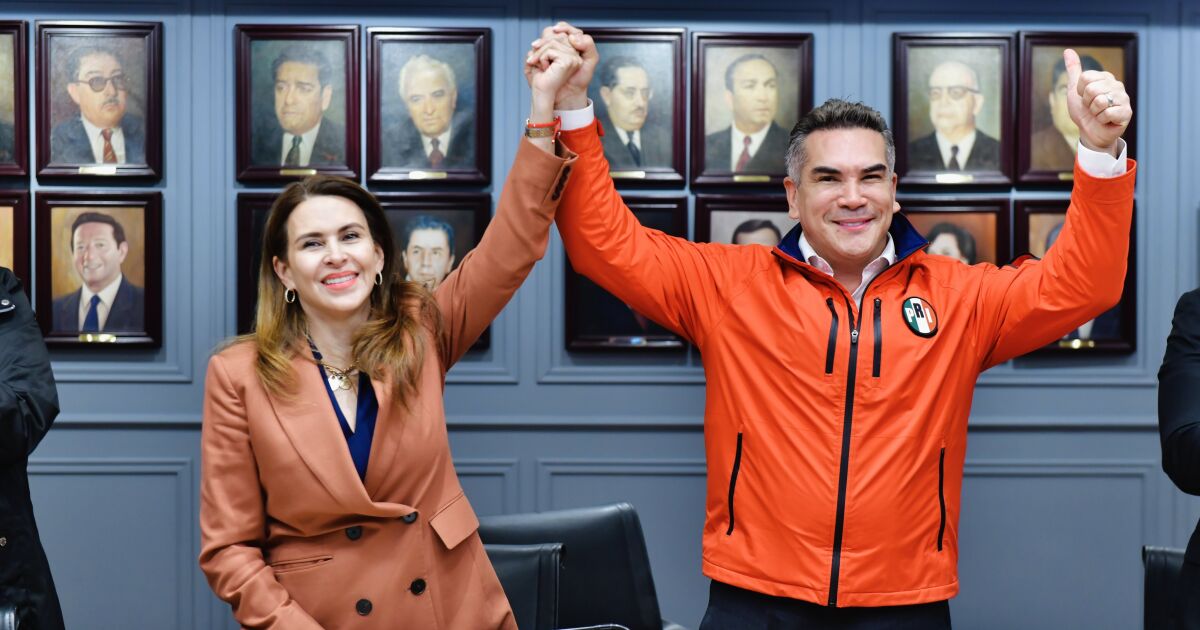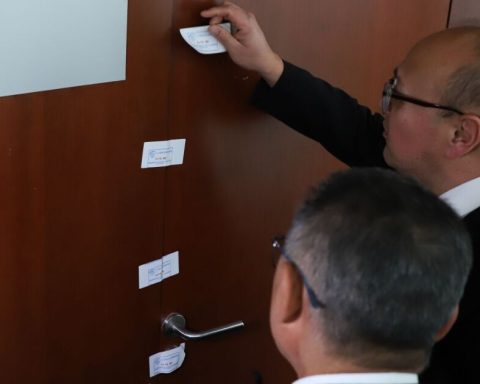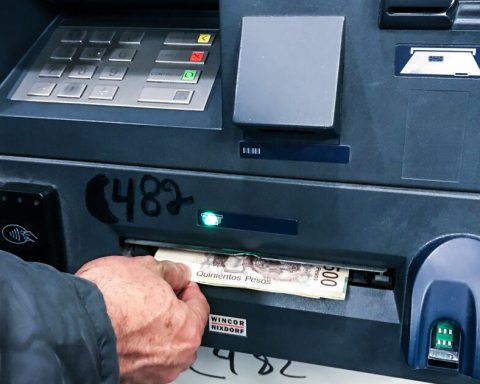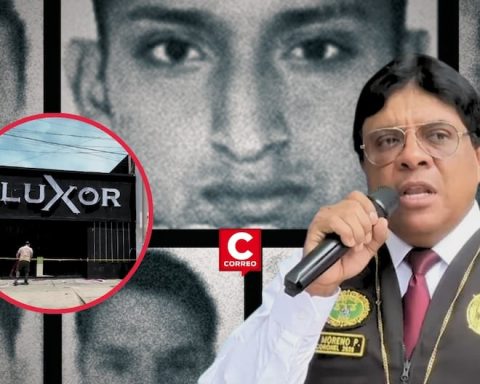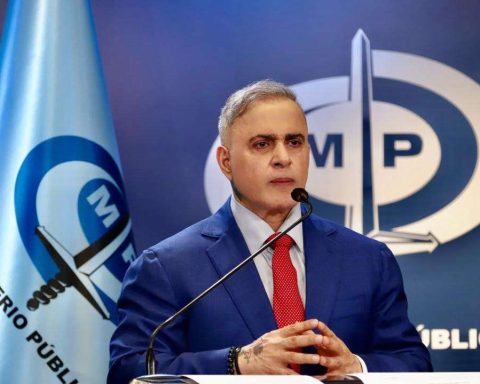I thank the Permanent Political Commission for its authorization to participate in the internal process of renewing the leadership of our party for the period 2024-2028.
We do so convinced that the PRI needs us all ready, united and committed to continue… pic.twitter.com/tY5Mprcp2t
— Alejandro Moreno (@alitomorenoc)
July 20, 2024
This week, Dulce María Sauri and Enrique Ochoa, former leaders of the Institutional Revolutionary Party (PRI), expressed confidence that the Electoral Court will stop the reforms to the statutes of their party that allow the reelection of Alejandro Moreno Cárdenas as national leader.
The PRI members met with magistrates Janine Otálora and Reyes Rodríguez, who this week proposed a project to reject the challenges against these changes in the PRI statutes.
Sauri and Ochoa said they filed complaints with the Electoral Tribunal because the PRI’s internal mechanisms take too long.
“We are aware that the party has not responded in a timely manner on other occasions and that it will therefore be up to the Court to decide,” Ochoa told the media.
“We are still in the electoral process when there is an express prohibition of leadership changes during this stage, but not only in the law, but also in our statutes,” said Sauri.
Judge Reyes Rodríguez proposes declaring inadmissible the challenges made against the call to renew the leadership of the Institutional Revolutionary Party (PRI).
“In keeping with the speed with which the PRI applied its renewal process, it is considered pertinent that the internal justice body resolve with equal promptness and expeditiousness,” says Rodríguez’s project.
“It is considered necessary that the PRI’s justice body address the corresponding claim just before the PRI begins to deploy relevant acts of the called renewal process,” he added.
Reyes Rodríguez indicates that this will allow the claims of the militants who seek to avoid the start of the corresponding process to be addressed, given the existence of legal and statutory provisions, which, from their perspective, imply the impossibility of carrying out the corresponding renewal.
